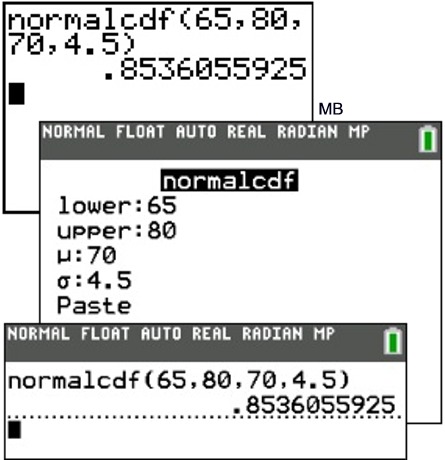
Here, the randn() function is used to return samples of data using the standard normal distribution. Print("The CDF result using linspace =\n",p) Np.linspace(0, 1, len(data), endpoint=False) Here is an example that demonstrates the implementation of the CDF function using numpy.linspace() in Python. The linspace() function returns an ndarray of evenly spaced numbers over a specified interval. For this, import the NumPy library first. The NumPy standard library contains the linspace() function used to determine the CDF in Python. Use numpy.linspace() to Calculate the CDF in Python The graph is displayed as per the CDF function as. Next, the data is sorted using the sort() function, after which the arange() function is used to calculate the CDF. Since randn(5) is mentioned, a 1Darray is built with 5 random values. * numpy.arange(len(sorted_random_data)) / float(len(sorted_random_data) - 1) The arange() function returns an ndarray of evenly spaced values.īelow is an example that demonstrates the implementation of the CDF function using the numpy.arange() function in Python.

The NumPy standard library contains the arange() function used to determine the CDF in Python.įor this, import the NumPy library first. Use numpy.arange() to Calculate the CDF in Python
#How to use normal cdf pdf
It plots the CDF and PDF of given data using the hist() method. Plt.hist(data,bins=9, density=True, cumulative=True, label='CDF', histtype='step') We can also use histogram plots to view the CDF and PDF plots, which will be more intuitive for discrete data. We then use the pdf to calculate the CDF values to plot the CDF of given data. We convert the frequency values into pdf values by dividing each element of the pdf array by the sum of frequencies. Here, we are given the frequency values for each X value. If we are given frequency counts, we must normalize the y-values initially so that they represent the PDF.

It plots the PMF and CDF for the given distribution.

Plt.title("CDF for discrete distribution") Plot CDF for Discrete Distribution Using Matplotlib in Python import numpy as np In continuous probability distribution, the random variable can take any value from the specified range, but in the discrete probability distribution, we can only have a specified set of values. Plot CDF Using Matplotlib in PythonĬDF is defined for both continuous and discrete probability distributions. CDF is the function whose y-values represent the probability that a random variable will take the values smaller than or equal to the corresponding x-value. This tutorial explains how we can generate a CDF plot using the Matplotlib in Python.


 0 kommentar(er)
0 kommentar(er)
